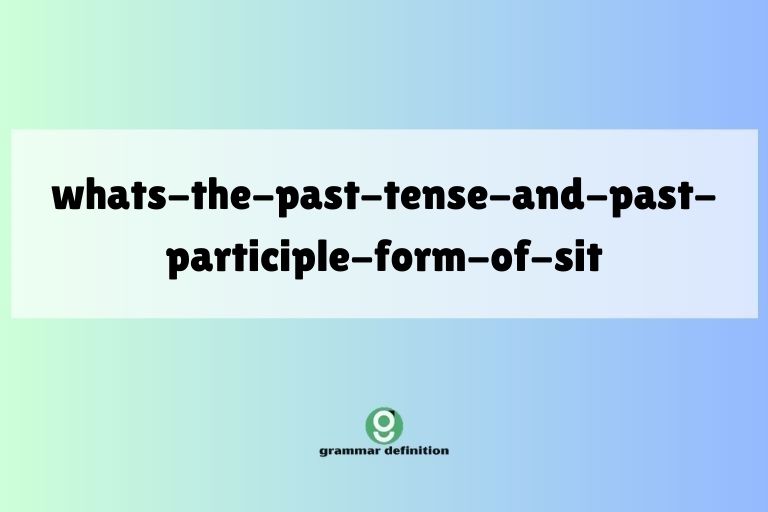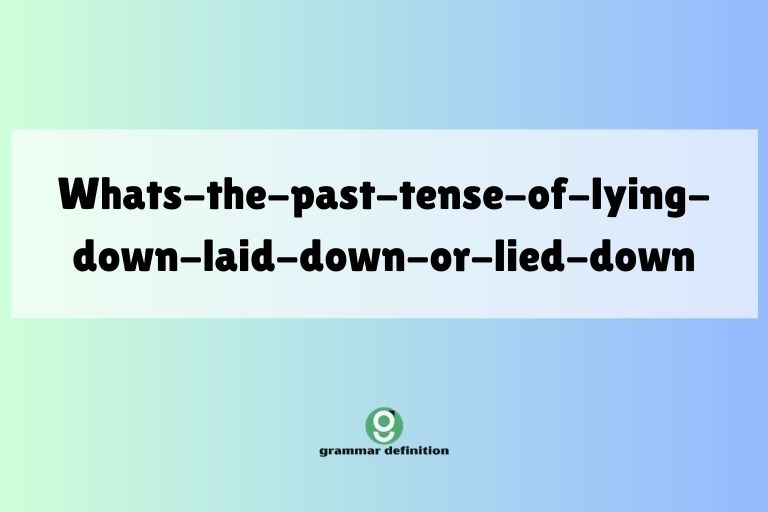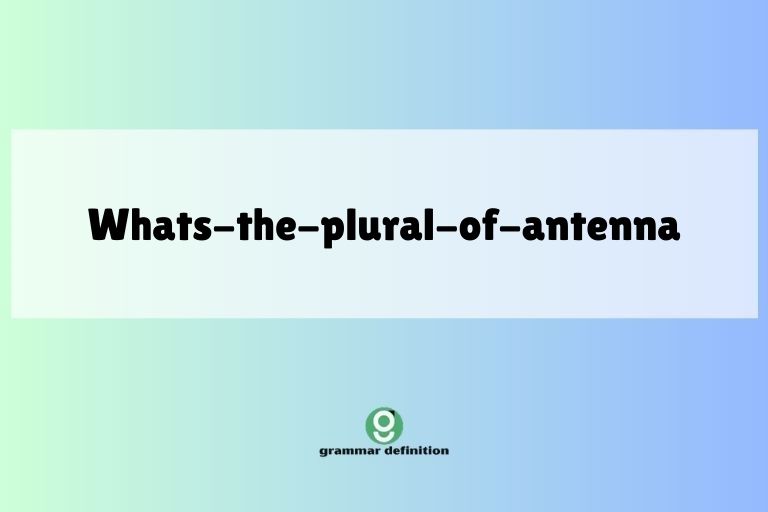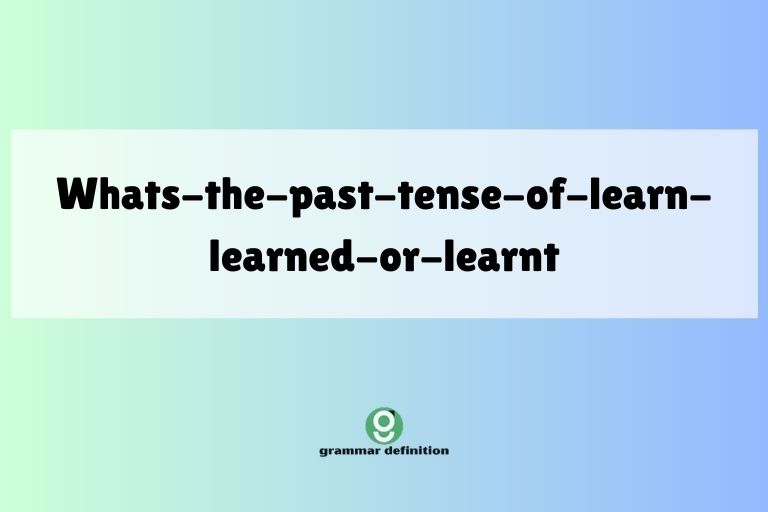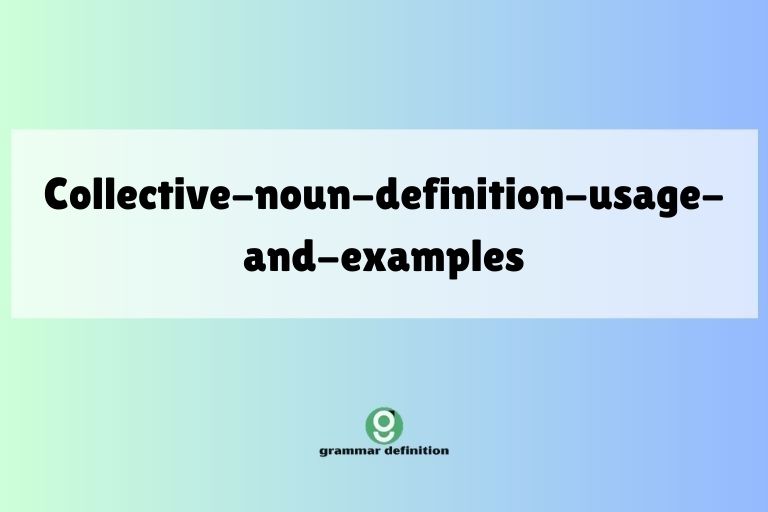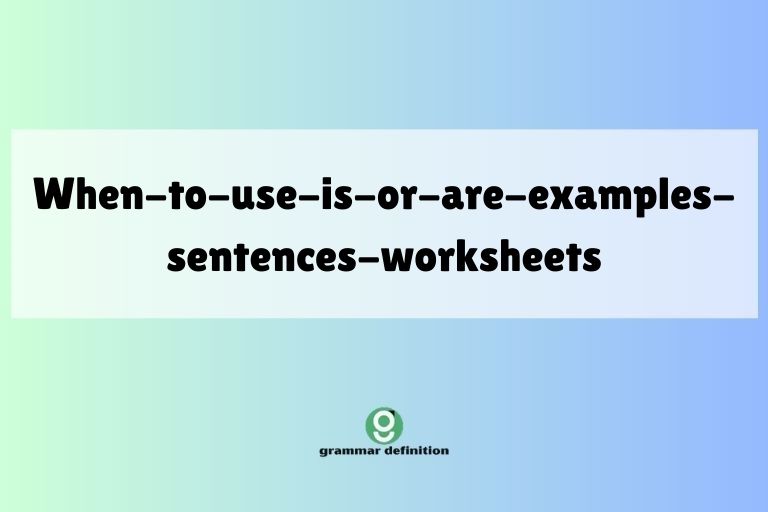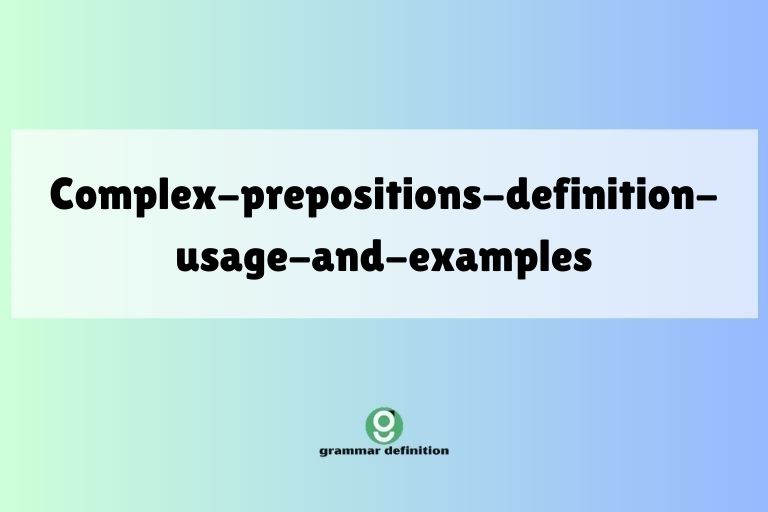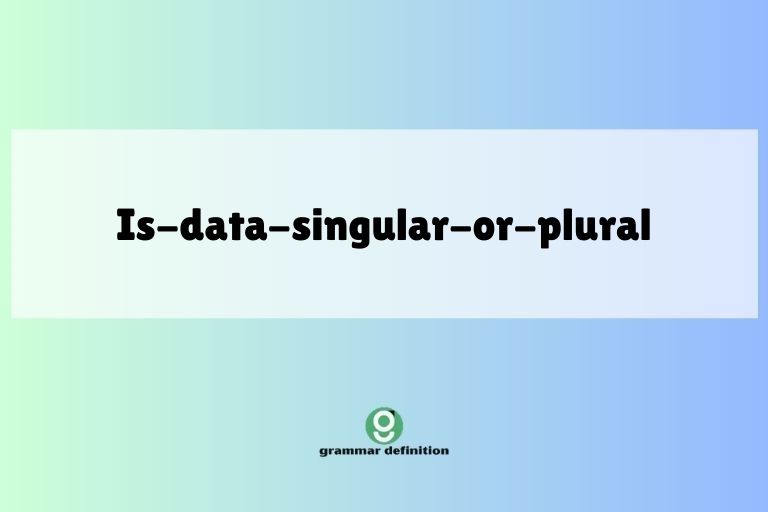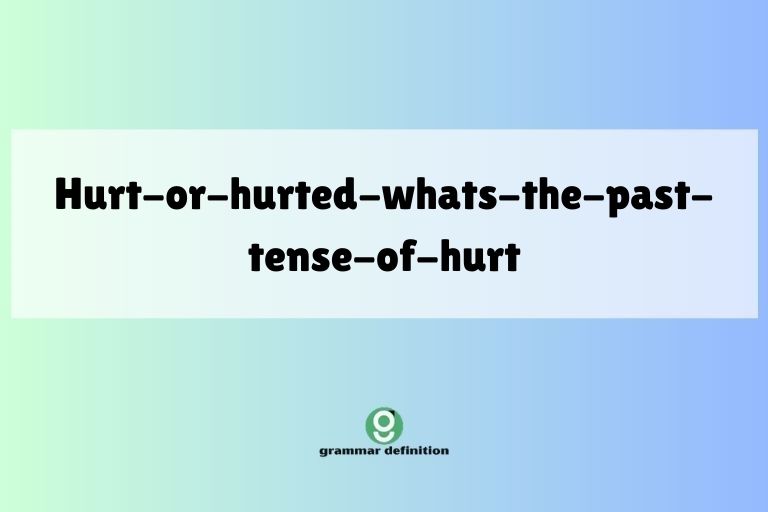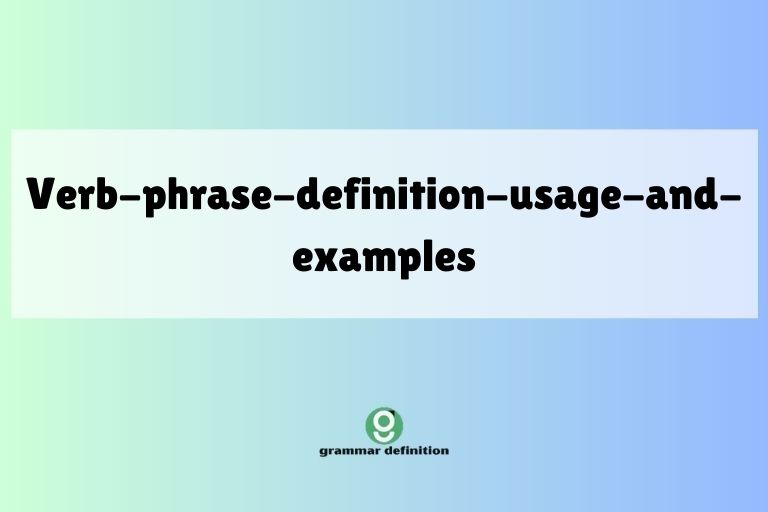Unraveling “Sit”: Past Tense and Past Participle Mastery
Understanding the various forms of verbs is crucial for constructing grammatically correct and clear sentences in English. One such verb, “sit,” often presents confusion regarding its past tense and past participle forms. This article aims to demystify these forms, providing a comprehensive guide to their usage, common mistakes, and practical applications. Whether you’re an English … Read more

